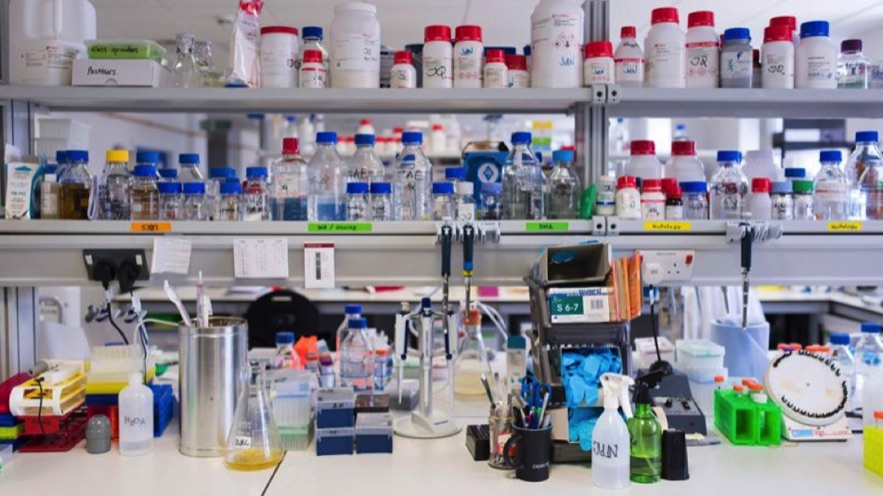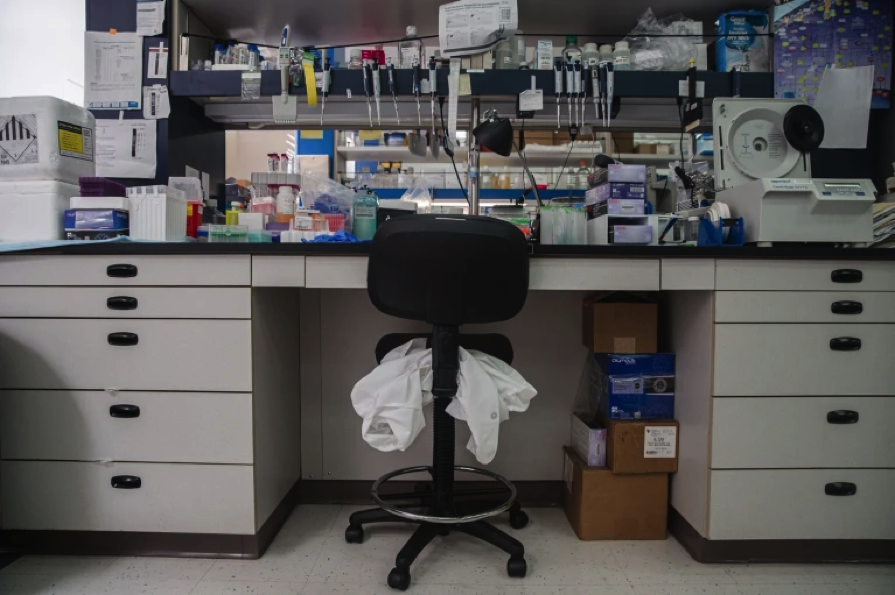Microbial eukaryotes represent a major component of the biosphere, contributing to ecology, food security, and the environment, whereas diseases caused by parasitic protozoa constitute an ongoing global threat. Our work highlights several key aspects of protist biology, principally focusing on parasitic organisms of the trypanosomatid group, but also extending into environmental organisms such as the algae Euglena and Diplonema. We are currently pushing for innovation in mode of action of anti-protist drugs and developing novel approaches for therapy against protist disease focusing on PROTAC technology.

Contact:
mfield@mac.com
+44 (0)751-550-7880
The website provides information concerning scientific works, software, data, images and sounds created by myself and many colleagues. I make every effort to ensure that all items are free of bugs, viruses or malware and update the site regularly, but no responsibility is taken for accuracy, timeliness or otherwise. I cannot give any representation or warranty, nor assume any liability or responsibility for the service or results posted (whether as to their accuracy, completeness, quality or otherwise). Use is at your own risk and no liability is accepted for any loss or damage arising. All material is offered under a CC-BY-NC-SA 4.0 license, that allows reusers to distribute, remix, adapt and build upon the material in any medium or format for noncommercial purposes only, and only so long as attribution is given to Fieldlab.org, the creator. Software is licenced under the MIT license. If you remix, adapt, or build upon the material, you must license the modified material under identical terms.
Welcome to the Fieldlab website
Design: Mark C. Field
Hosts: AWS, Wordpress
© fieldlab.org 2024
Mark Field is Professor of Cell Biology at the University of Dundee in Scotland and a member of the Institute of Parasitology, Ceske Budejovice in the Czech Republic. He is rated as a leading scientist in molecular biology and parasitology globally, with 300 publications and an h-index of 69. He recently placed as the 62nd most influential molecular biologist in the UK and in the top 800 worldwide.
